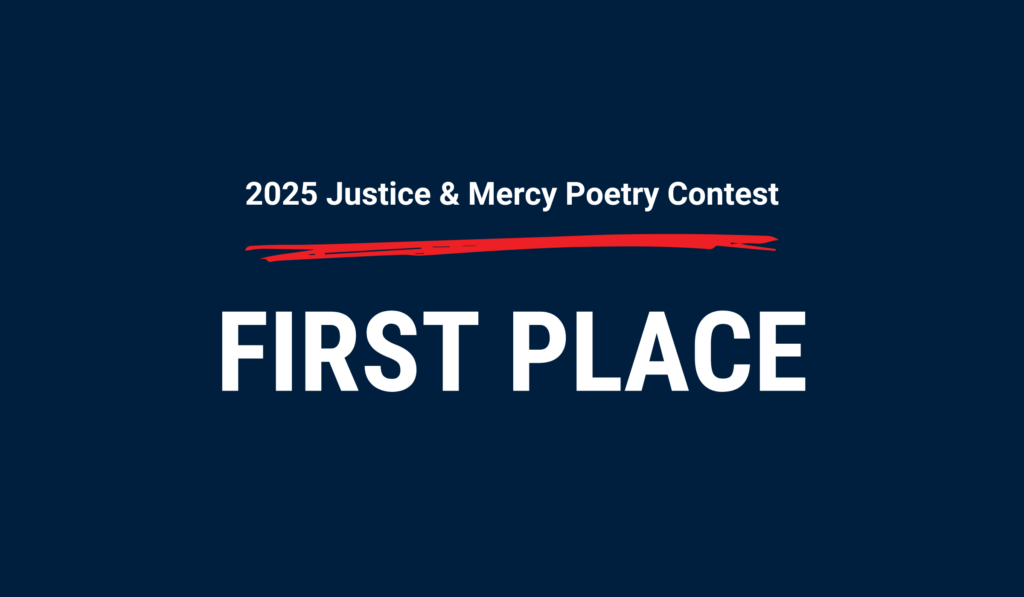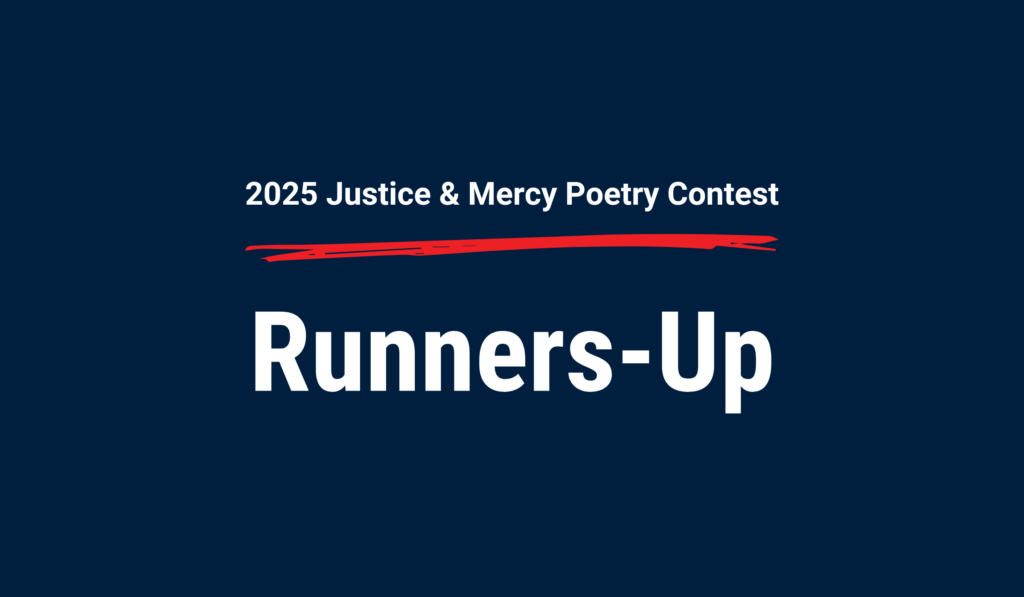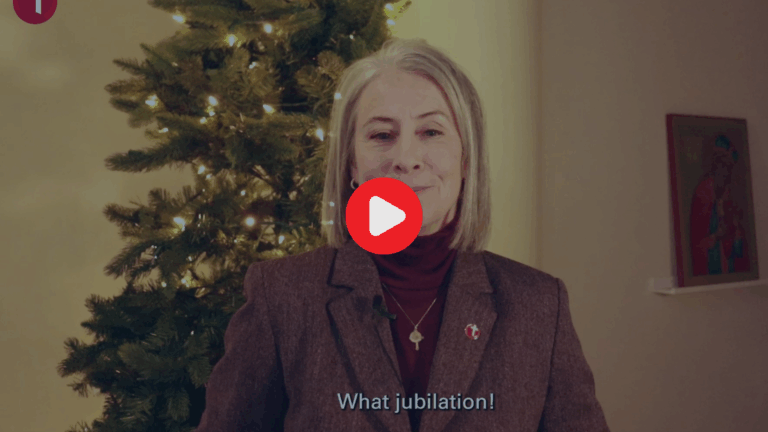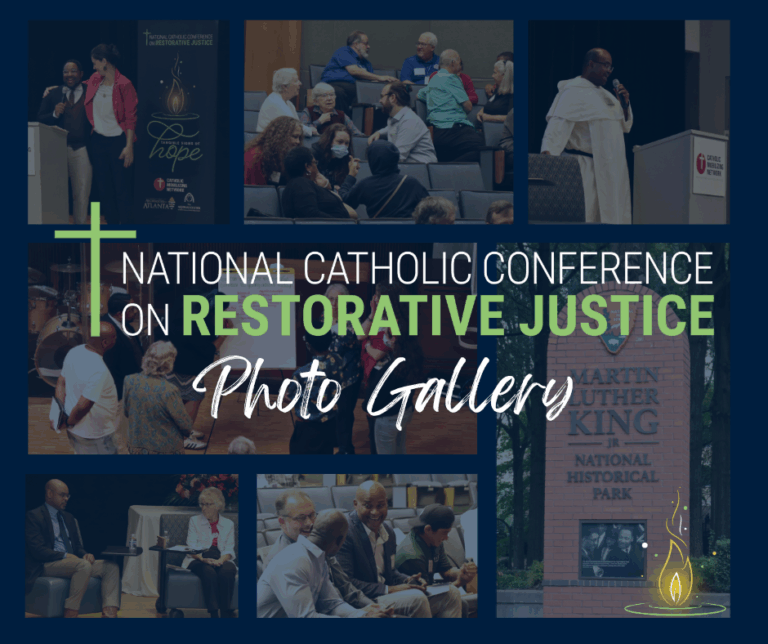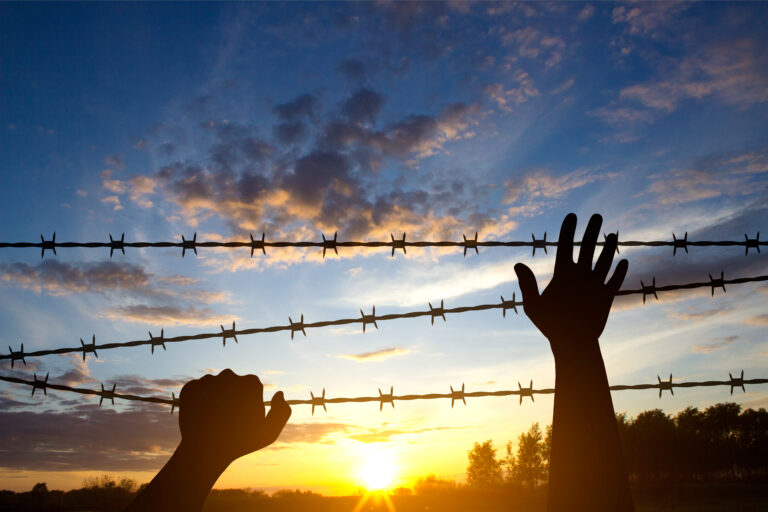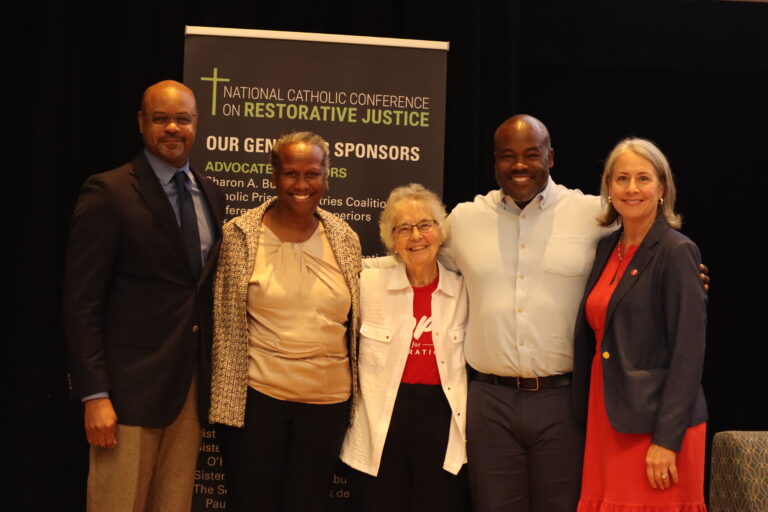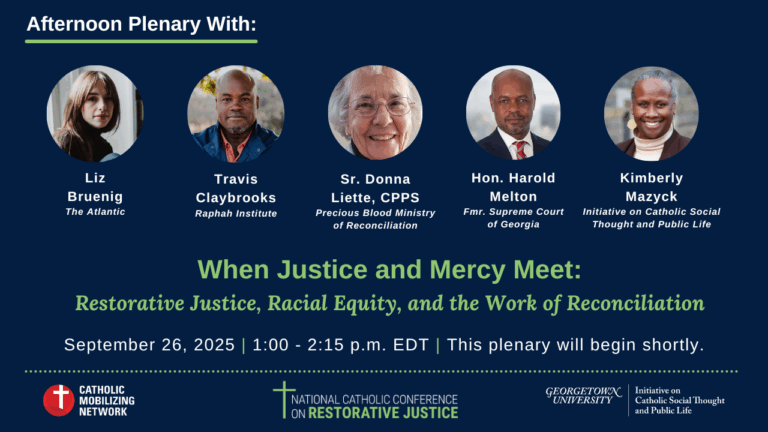CMN Announces Winners of 2025 Justice & Mercy Poetry Contest
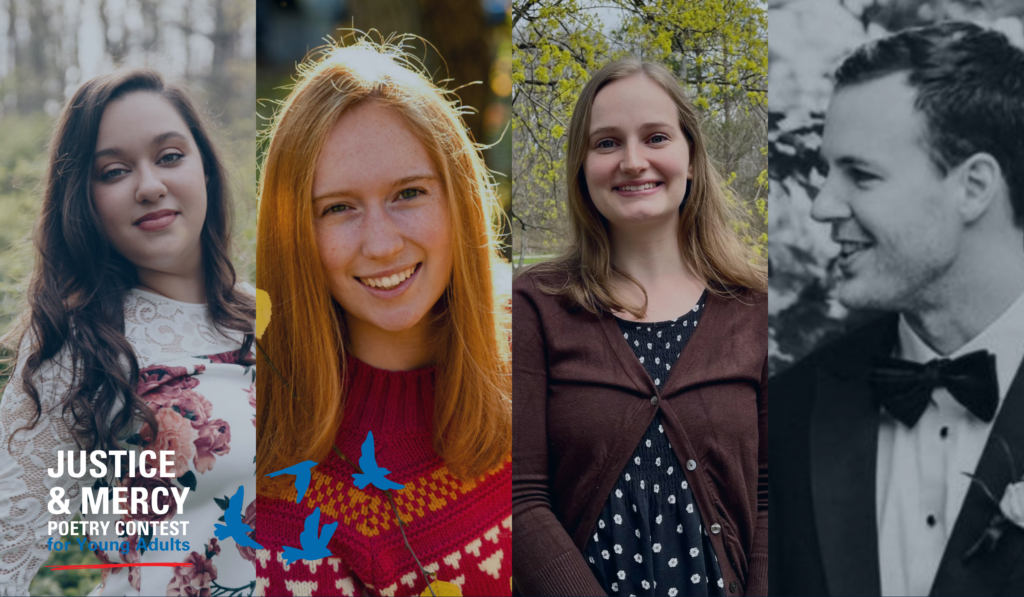
Dozens of young adults ages 18-39 from all across the country entered poems in Catholic Mobilizing Network’s 2025 Justice & Mercy Poetry Contest.
The fourth-annual contest invited young people of faith to write about the injustice of the death penalty through the creative outlet of poetry. Poets chose to reflect on the contest’s themes by highlighting the racial injustice of capital punishment, the risk of executing innocent people, and the call to honor the sanctity of life — including the lives of those on death row.
In this special Year of Jubilee 2025, these poems provide “tangible signs of hope,” just as Pope Francis called for.
This year’s winning poems were selected by a diverse and discerning panel of judges including the sister of a death row exoneree, a lawyer, a poet who was formerly incarcerated, and two previous winners of CMN’s Justice & Mercy Poetry Contest.
The following four individuals have been selected as finalists in this year’s contest for their outstanding poems:
First Place, “The Scythe” by Victoria Uhase
Second Place, “Playing God” by Grace Loonan
Third Place, “Mama’s Baby” by Rebekah Kevic
Honorable Mention, “When the Pentobarbital Hits His Vein” by Bryce Taylor
Each poem offers a unique perspective into how cruel, inhumane, and unjust the system of capital punishment is.
“When the Pentobarbital Hits His Vein” takes on the perspective of an individual tasked with carrying out a lethal injection execution. As the narrator takes the life of this condemned individual, he prays:
“You want him to know you believe in a God who forgives him, forgives even you.”
The third-place poem provides the perspective of a mother whose son is sentenced to death after committing grave harm. While the court system deems this child a monster, his mother never fails to see his dignity:
“But all mama could see was her little baby boy / Toddling around with his second-hand elephant toy.”
The second-place poem invites us to consider yet another perspective — a parent, witnessing the execution of the man who killed their daughter. The narrator unravels the grief and desire for justice that leads one to believe an execution might be some solution. But as the execution is carried out, that parent comes to this final conclusion:
“My daughter is gone, / And so is the man who shot my daughter. / And where is the justice I was searching for? / I don’t feel it. / I feel hollow. / I feel like I played God.”
And finally, the first-place poem, reminds us of our call, as faithful individuals, to reject the death penalty and to be committed to being people of mercy, hope, and redemption. It is a reminder that it is never ours to decide who lives and who dies. Alluding to the call of this special Year of Jubilee, she writes:
“Yet we are pilgrims of hope, / not heralds of death. / We are the breath between prayers, / the light at the edges of grief— / made to break bread, not necks; / made to restore, not destroy.”
Throughout history, poetry has been used as a tool to educate, inspire, and rouse people to action. Each of these winning poems hold that very potential to do the same.
Congratulations to the 2025 finalists, and to each brave young advocate who generously shared their voice in opposition to the death penalty. This is the future of anti-death penalty advocacy.

